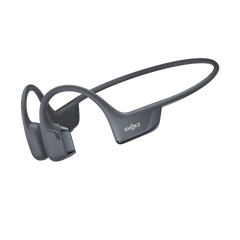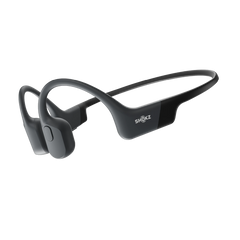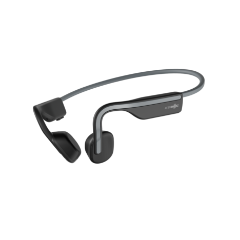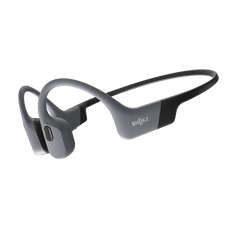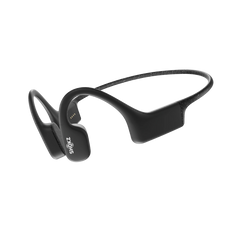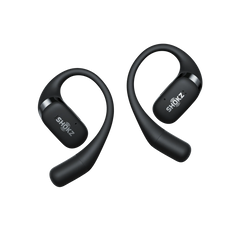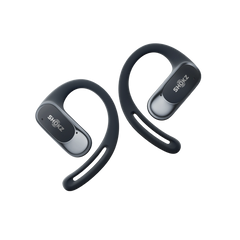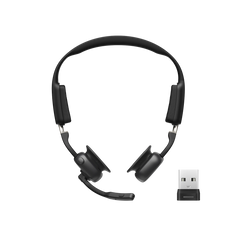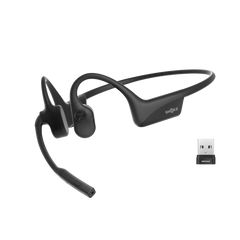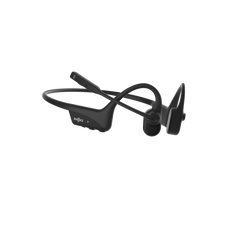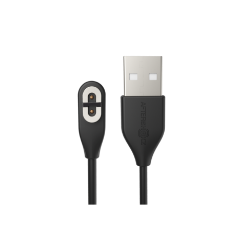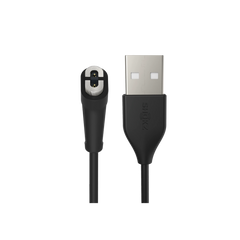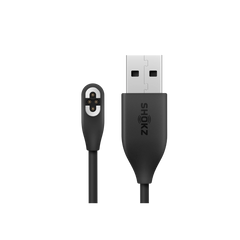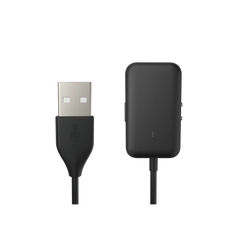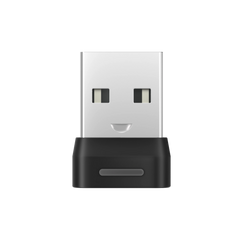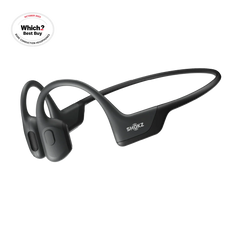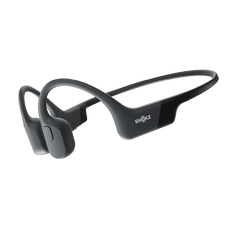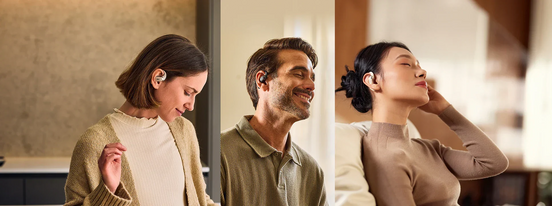Introduction
A critical specification for headphones today is waterproof versus water-resistant models. Although these terms are related, they ultimately define how the headphones can be used in everyday life. From wearing headphones during a swimming session to enjoying music on your daily walk, knowing the difference between waterproof and water-resistant headphones can make them last longer. Explore these terms and their finer details as you consider a new headphone purchase.
Water-Resistant vs Waterproof Headphones: What's the Difference
Typically, modern headphones appear identical with a casual glance. If you're shopping with water-resistance or waterproof specifications in mind, it's critical to know the difference between models. Remarkably, particular coatings are often the defining characteristic when comparing waterproof and water-resistant products.
What does Water Resistant Mean?
A water-resistant product can withstand some splashes of moisture. For example, you might read about an IP68 water-resistant headset with a sweat-resistant advertisement. These headphone types are generally plentiful in the consumer world today.
The key to a water-resistant feature is often nano-coatings, reports Wired. Applied during manufacturing, these coatings seal the headphones from most moisture damage. However, there are limits to the coating's efficacy. Each product is unique, so reading the fine print regarding water resistance is crucial to a satisfying purchase.
What does Waterproof Mean?
In contrast, waterproof products can withstand being submerged in water. Both the design, housing, and coating contribute to a waterproof product. With tight gaskets, refined manufacturing, and hydrophobic coatings, headphones with an IP68 waterproof specification are possible.
Today, high-quality headphones with a waterproof designation are available in limited numbers. Although spray sealants are available to create a makeshift waterproof product, they tend to fail over time, reports Digital Trends. Ideally, purchase headphones directly from the manufacturer. Then, its quality-assurance processes can verify any waterproof claims.
Truthfully, waterproof products have their limitations. Deepwater, for instance, applies extreme pressure on any object. Most waterproof headphones cannot withstand more than a few meters of depth before suffering damage. Best to read about the product's limitations before putting any item to the test.
How to Know if the Headphones are Water-Resistant or Waterproof?
Understanding the difference between water-resistant and waterproof headphones depends on knowing their Ingress Protection (IP) rating. This rating, standardized by the International Electrotechnical Commission (IEC), is represented by a code that indicates the level of protection against the ingress of solid objects (like dust) and liquids.
IP Ratings: What do the Letters and Numbers Stand for?
By definition, the letters "IP" refer to Ingress Protection. This term references the product's ability to ward off solids or liquids from infiltrating the interior housing.
Next, the first number refers to the product's ability to fight off solid or dust particles from entering the headphones. These ratings can range from zero, which equates to no protection against particles, to a maximum of six as dust-tight. The second number refers to protection against moisture, with a maximum rating of nine.

Importance of IP68 Rating
The IP68 rating is the most common standard in the consumer electronics industry. This rating indicates that a device is completely dust-tight and can endure being submerged in water beyond 1 meter, typically up to 1.5 meters for 30 minutes. Specifics can vary per manufacturer.
While the IP69 rating exists and denotes even higher protection levels against high-pressure water jets and steam cleaning, it is less common in consumer electronics. This is mainly because the situations requiring IP69 protection are rare in everyday use. Manufacturers often choose an IP68 rating for their high-end products, representing a balance between exceptional durability and practicality for daily activities.
A good example of an IP68-rated product is the Shokz OpenSwim headphones. With an open-ear design and comfort underneath a swim cap, these headphones allow you to listen to 8 hours of saved music. These headphones can withstand the moisture during each workout for lap swimmers or running fans who enjoy a jog in the rain.
How To Choose Between Water-Resistant And Waterproof Headphones
Choosing between water-resistant and waterproof headphones hinges on your lifestyle and the level of water exposure you anticipate. Water-resistant headphones, suitable for everyday use like jogging and indoor workouts, handle sweat and light rain thanks to ratings typically between IPX4 and IPX7. They strike a balance between functionality and affordability for most users.
Waterproof headphones, on the other hand, are designed for more aquatic adventures. With ratings like IPX8 or IP68, they're fit for swimming, snorkeling, or braving heavy rain, making them ideal for the more adventurous or those who crave music during water-based workouts. However, while waterproof models offer enhanced protection, they're generally not intended for deep diving.
Ultimately, your choice of headphones should be based on your most frequent activities. If your routine includes significant water contact or you prefer the peace of mind knowing your headphones can survive any aquatic mishap, waterproof headphones are the way to go. Water-resistant models offer a cost-effective solution without compromising on protection for less intense exposure.
FAQs about Water-Resistant and Waterproof Headphones
- Can you swim with IP68 waterproof headphones?
Yes, you can swim with IP68 waterproof headphones. The depth limitations varies by product type.
- How long can I swim with IP68 headphones?
Most IP68 headphones have long battery life, such as 8 hours. Typically, you can swim for as long as the battery lasts.
- Can IP68 headphones go in salt water?
Most IP68 headphones can be used in saltwater, chlorinated or fresh water. However, verify the manufacturer's specifications before heading out for a swim.
Conclusion
Understanding the limits of waterproof and water-resistant headphones helps you prolong the device's lifespan. Also, paying attention to the IP rating, such as IP68 water resistant, allows you to plan your adventures accordingly. With this knowledge in mind, check out Shokz waterproof headphones today.
Author Information


